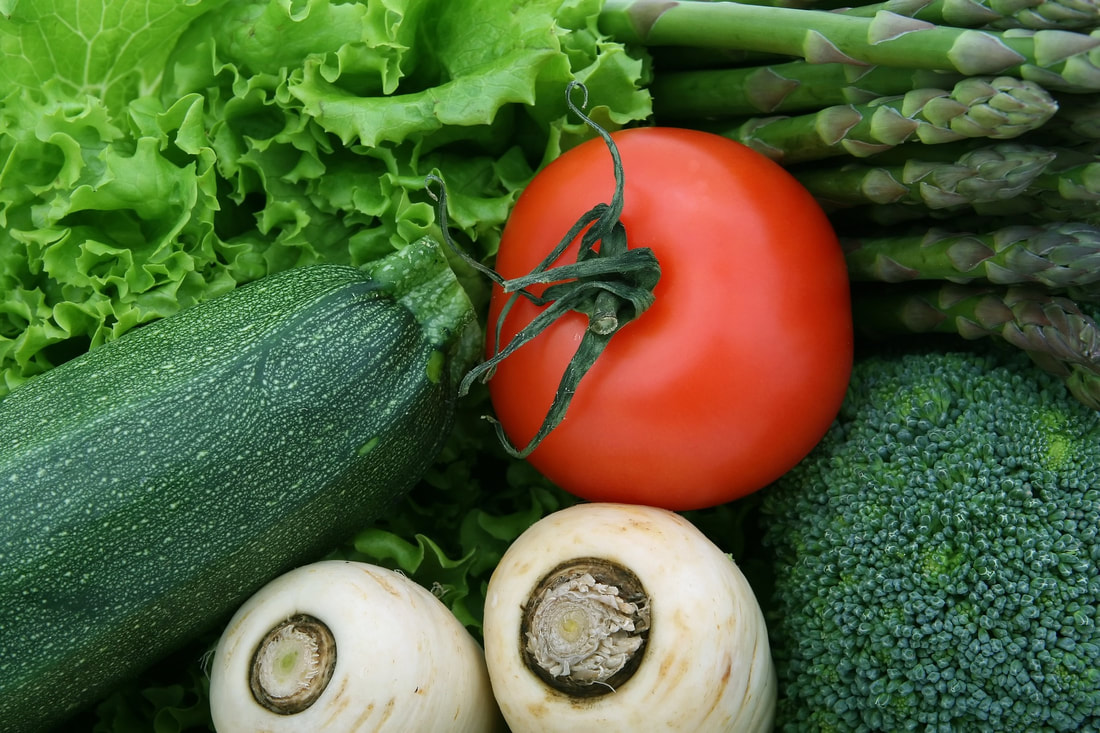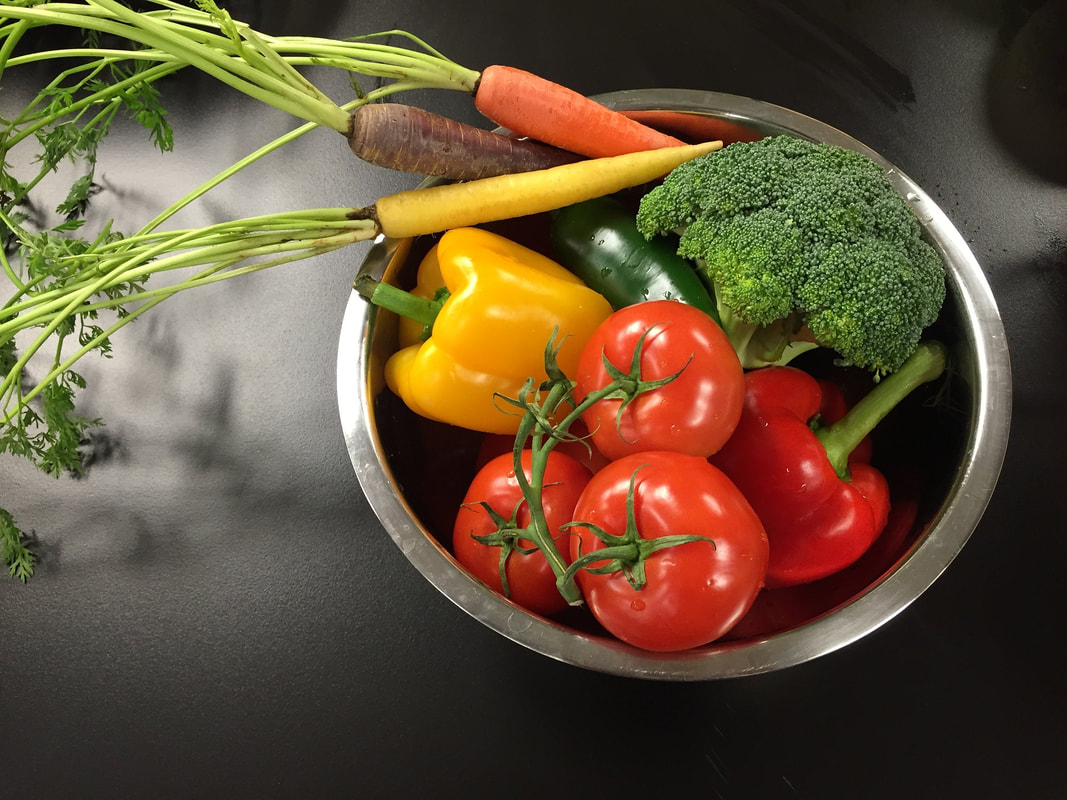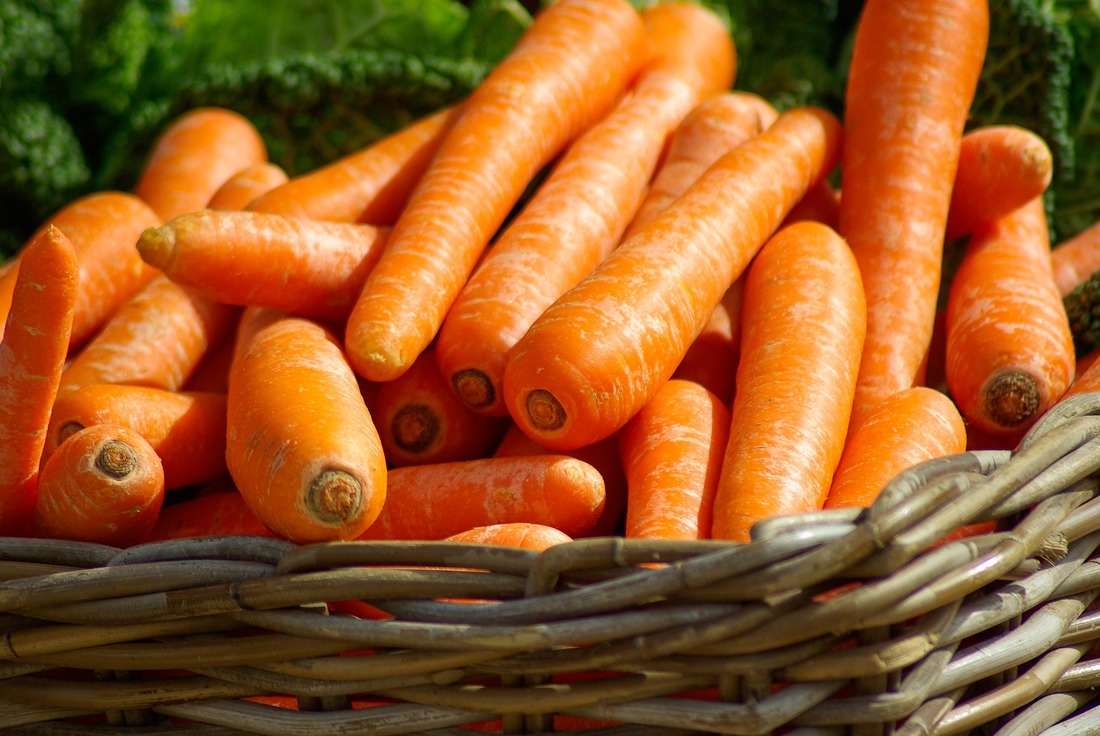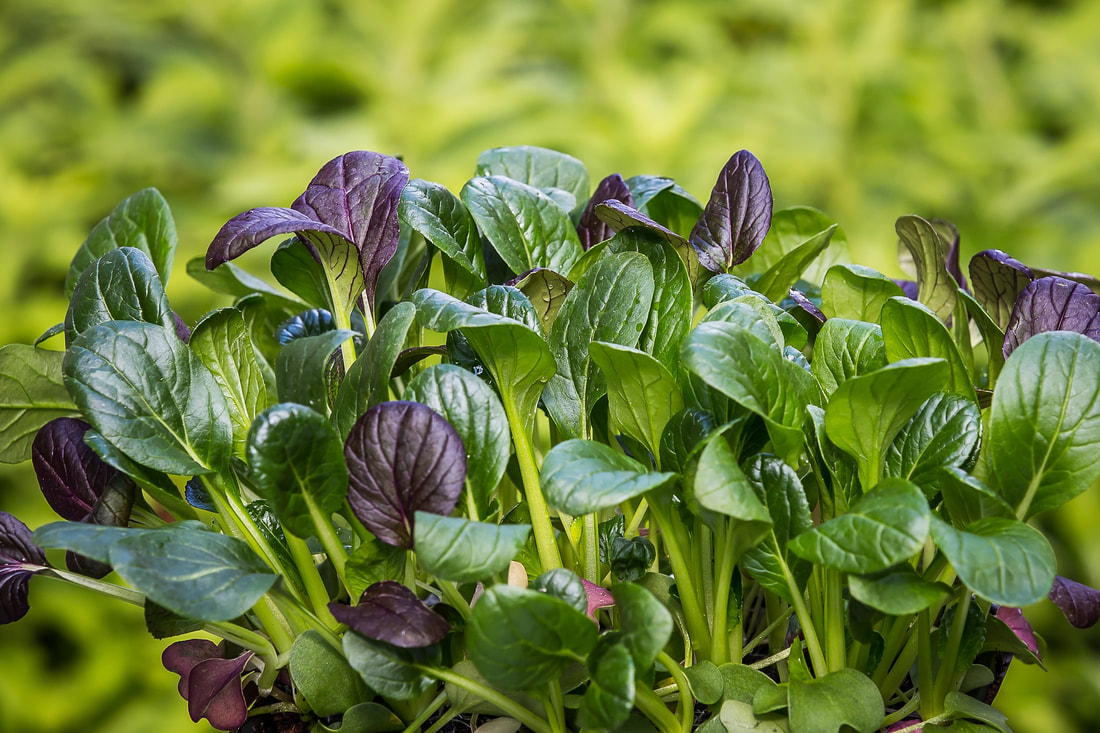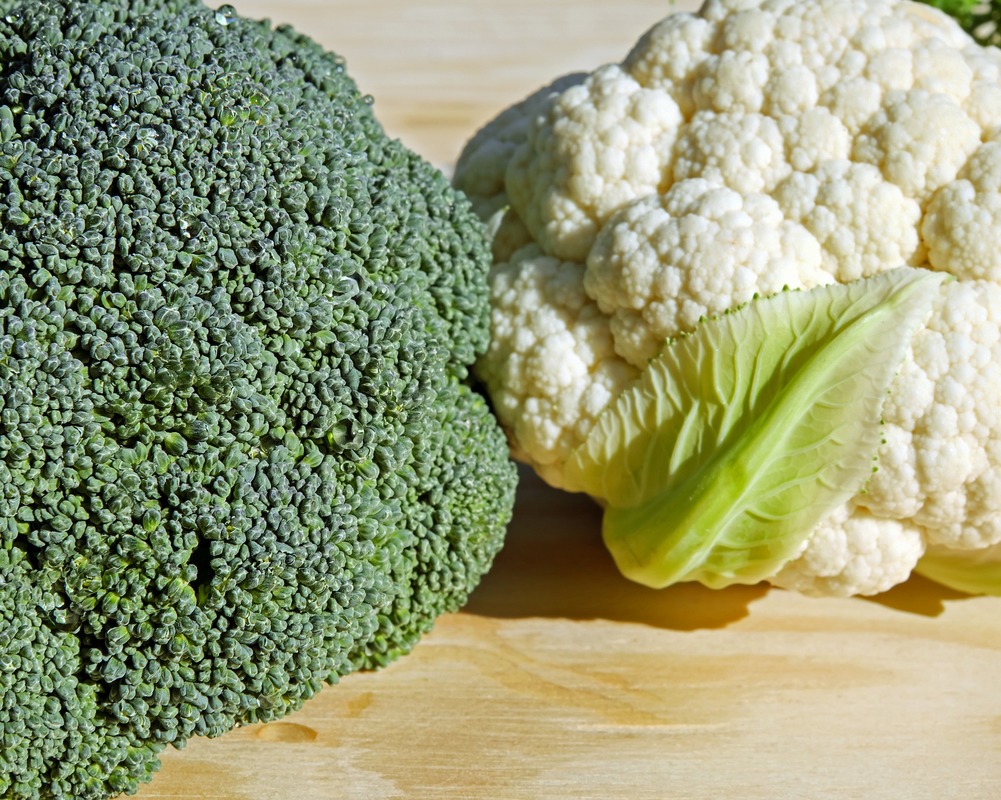- Home
- Garden Thyme Blog
- Themes
- Flowers
-
Veggies
-
Warm Season Vegetables
>
- About Beans >
- About Corn >
- Cucumbers >
- Melons
- Peppers >
- Squash >
-
Tomatoes
>
- How to Harden Off Tomato Plants
- How (and when) to Prune Tomatoes
- Magnesium Sulfate (Epsom Salt) for Tomatoes
- Blossom End Rot in Tomatoes
- Growing Cherry Tomatoes in Hanging Baskets
- 4 Best Tomatoes for Short Seasons - Early Tomatoes
- 5 Early Maturing Tomatoes for Short Season Gardening
- How to Ripen Green Tomatoes
- How to Make Sun-Dried Tomatoes at Home
- How to Grow a Pomato Plant
-
Cool Season Vegetables
>
-
Warm Season Vegetables
>
- Herbs
- Gardening Basics
- Garden Pests
- Birds
- Fiddleheads and Fairies
- About Us
- Contact Us
- How to Marinate Roasted Vegetables
|
Nearly everyone knows that eating raw veggies is better for you than eating cooked veggies because cooking destroys their nutrients, right? Not so fast. While it is true for some vegetables, cooking many vegetables actually increases their nutritional value. Use this guide to decide whether eating your veggies cooked or raw is better for your health. Cook Tomatoes & Red Peppers to Release LycopeneLycopene, the red pigment found in tomatoes, red peppers and other rosy colored veggies lowers the risk of cancer and heart attacks. Cooking your tomatoes and other veggies with lycopene releases more lycopene, making it readily available for your body to use reports Scientific America. To reap the health benefits of lycopene, cook your veggies before eating them. You will still get some lycopene if you eat them raw, but cooking will boost the amount of lycopene your body can use. This happens because cooking the vegetable helps to break down the cell walls and releases lycopene.. Cook Carrots to Release AntioxidantsIf you thought that eating your carrots raw was the best way to boost nutrition, you might be surprised to learn that cooking your carrots is actually better for you. That's because when the cell walls are broken down via cooking the carrots release more antioxidants, such as, carotenoids and ferulic acid to fuel your body. Cooked carrots contain more beta-carotene than raw carrots, says Prevention. Cook Spinach and Other Greens to Release CalciumSpinach, Swiss chard and beet greens are all high in calcium, but if you want to get the most calcium from these veggies, you will need to cook them first. They contain the compound oxalic acid which binds with the calcium and makes it unusable to the human body. Cooking breaks the bond and makes the calcium available for absorption. Eat Broccoli and Cauliflower RawBroccoli, cauliflower and other Cruciferous vegetables like cabbage, bok choy and Brussels sprouts, may be more nutritious eaten raw, explains Deborah Baic at the Globe and Mail. This is because they contain a substance called myrosinase that is released when you chew or chop the raw veggies. It in turn helps to convert phytochemicals to cancer-fighting compounds. Cooking these veggies destroys the compounds and reduces their cancer-fighting abilities. Balance is KeyEating both raw and cooked vegetables is good for your health, as not all nutrients respond the same to cooking. Heat may cause one nutrient to increase, while another decreases. Some vitamins like Vitamin A and C can be lost during the cooking process, especially if you cook your veggies with a lot of water. But many experts agree that the gains in other nutrients during cooking may offset any loss of these readily-available vitamins.
Other considerations include whether you (or your children) are likely to consume more vegetables cooked or raw. Obviously, if little Katie refuses to eat cooked carrots, but devours them raw, she will get more nutrients from raw carrots. Likewise, a healthy helping of cooked broccoli may outweigh a nibble of the raw veggie.
0 Comments
Leave a Reply. |
For more nature photography, check out my photography site.
|
Copyright © 2014 Nannette Richford
- Home
- Garden Thyme Blog
- Themes
- Flowers
-
Veggies
-
Warm Season Vegetables
>
- About Beans >
- About Corn >
- Cucumbers >
- Melons
- Peppers >
- Squash >
-
Tomatoes
>
- How to Harden Off Tomato Plants
- How (and when) to Prune Tomatoes
- Magnesium Sulfate (Epsom Salt) for Tomatoes
- Blossom End Rot in Tomatoes
- Growing Cherry Tomatoes in Hanging Baskets
- 4 Best Tomatoes for Short Seasons - Early Tomatoes
- 5 Early Maturing Tomatoes for Short Season Gardening
- How to Ripen Green Tomatoes
- How to Make Sun-Dried Tomatoes at Home
- How to Grow a Pomato Plant
-
Cool Season Vegetables
>
-
Warm Season Vegetables
>
- Herbs
- Gardening Basics
- Garden Pests
- Birds
- Fiddleheads and Fairies
- About Us
- Contact Us
- How to Marinate Roasted Vegetables
